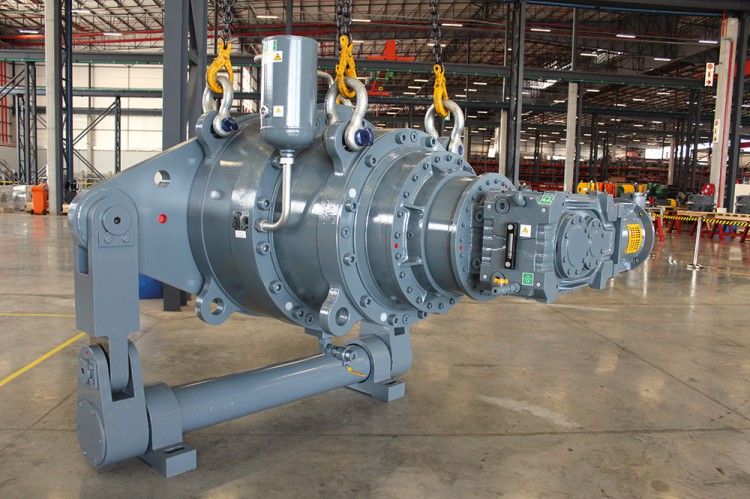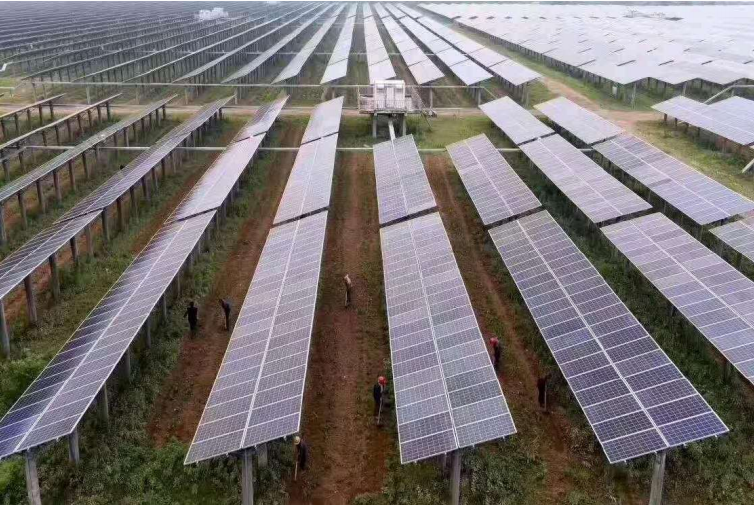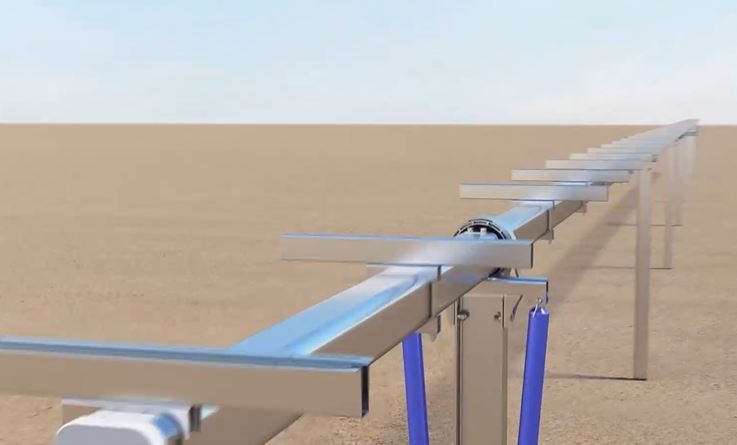India's agricultural system is largely based on input-intensive monocropping of staple crops. A study publishing August 18th in PLOS Sustainability and Transformation by Lindsay Jaacks at The University of Edinburgh, Midlothian, United Kingdom, Abhishek Jain at the Council on Energy, Environment and Water, New Delhi, India and colleagues suggests that while COVID-19 disrupted agricultural labor, supply chains, and farmers' access to credit and markets, the pandemic did not significantly push Indian farmers to adopt more sustainable cultivation practices.Agricultural machine,gearbox,agricultural gearbox,agricultural reducer,Lithium battery
Nearly half of the population in India is employed in agricultural work, yet the impacts of the COVID-19 pandemic on agricultural practices have not been fully documented. In order to quantify changes in farmers' cropping patterns and input use, and adoption of sustainable agricultural practices, researchers interviewed 3,637 farmers living in 20 Indian states and union territories by telephone between December 1, 2020 and January 10, 2021.Agricultural machine,gearbox,agricultural gearbox,agricultural reducer,Lithium battery
The researchers found that 84% of farmers reported no change in the type of crops they grew, and 66% reported no change in fertilizer or pesticide use. The study has its limitations however, including low response rates in several major agricultural states, as well as possible self-reporting bias. Further studies will be needed to better understand medium- and long-term changes in crop cultivation practices as well as the use of chemical inputs.Agricultural machine,gearbox,agricultural gearbox,agricultural reducer,Lithium battery
According to the authors, "Contrary to our hypothesis, we did not find an association between COVID-19 and changes in crop cultivation patterns or interest in trying agroecological practices. However, although most farmers continued to grow the same crops with no change in input use, many expressed an interest in learning more about practicing more sustainable farming. These findings will inform future directions for resilient agri-food systems."Agricultural machine,gearbox,agricultural gearbox,agricultural reducer,Lithium battery
Jaacks adds, "Despite disruptions to agri-food supply chains during the first wave of the COVID-19 pandemic in India, and about 1 in 5 farmers in our national sample reporting COVID-19 symptoms in the past month, the vast majority of farmers continued with prevailing cropping patterns. Rice remained the dominant crop in Kharif (monsoon season) of 2020, and the use of synthetic fertilizers and pesticides continued. Government support, peer-to-peer training networks, and market linkage support will be required to shift farmers to more nutrient-dense and sustainable cropping patterns."Agricultural machine,gearbox,agricultural gearbox,agricultural reducer,Lithium battery
 Revolutionising sugar mill efficiency: Mill Gears unveils world’s largest gearbox
Revolutionising sugar mill efficiency: Mill Gears unveils world’s largest gearbox
 who are the leaders in solar trackers for the power industry?
who are the leaders in solar trackers for the power industry?
 Trina releases new version of Vanguard 1P solar tracker
Trina releases new version of Vanguard 1P solar tracker
 GameChange Solar Tests Tracking System for 40-Year Lifespan
GameChange Solar Tests Tracking System for 40-Year Lifespan